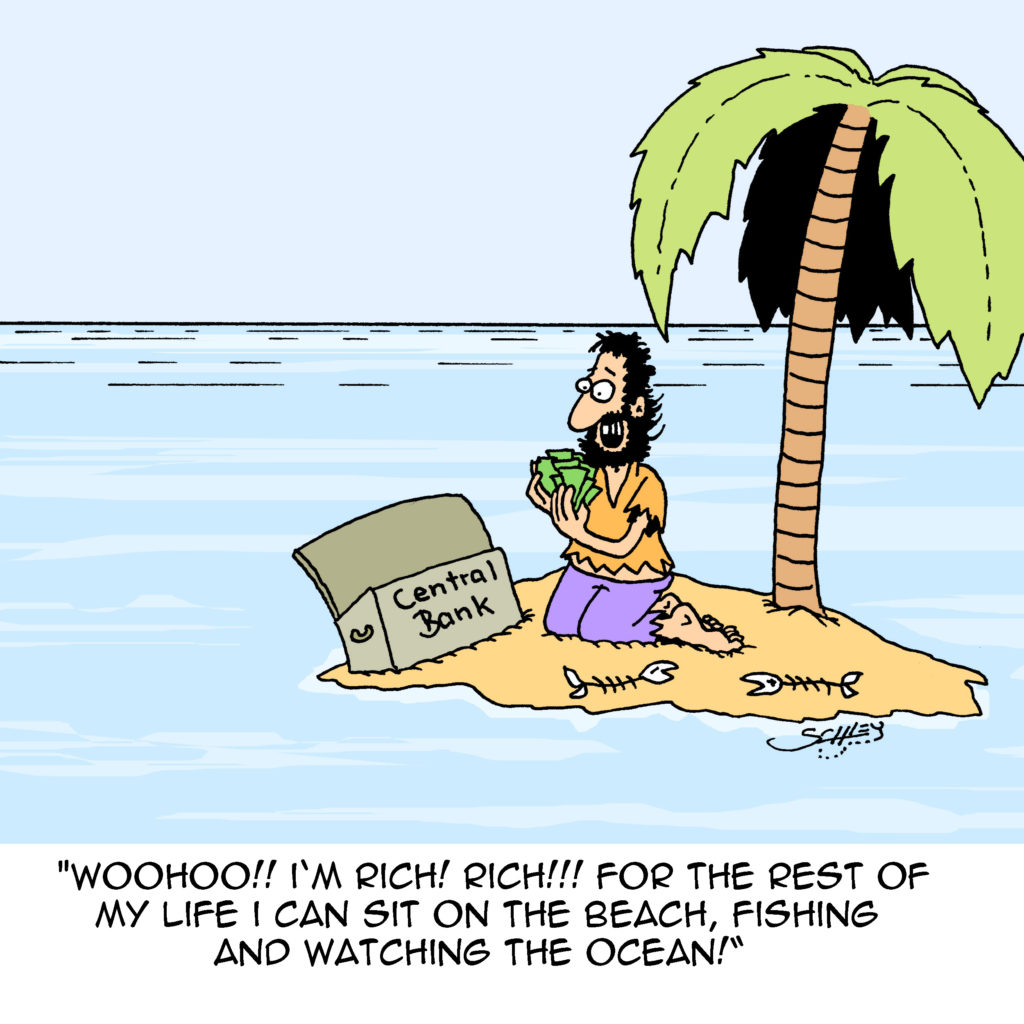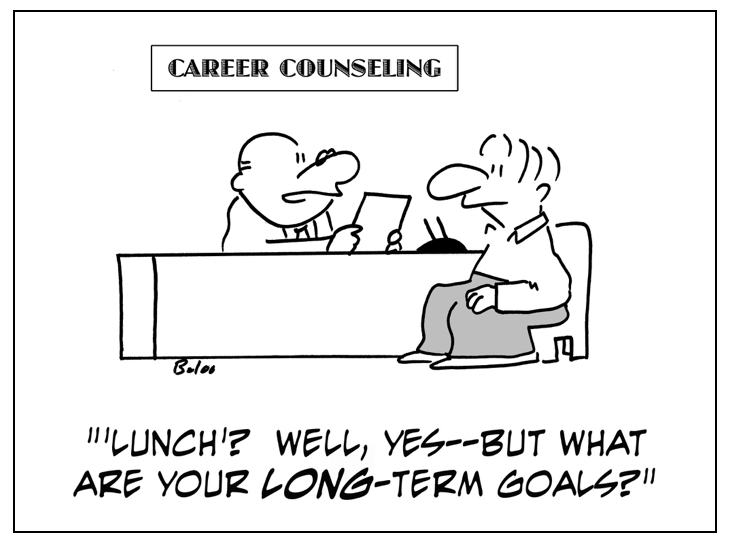 At the end of Brad Thor’s novel, Field Agent, he says of the protagonist, “He had the three ingredients to happiness right in the palm of his hand and he knew it—something to do, someone to love, and something to look forward to.”
At the end of Brad Thor’s novel, Field Agent, he says of the protagonist, “He had the three ingredients to happiness right in the palm of his hand and he knew it—something to do, someone to love, and something to look forward to.”
This is good advice. It may not be a comprehensive and fail-proof philosophy of life, but it’s still good advice.
Strive for:
Something meaningful to do.
We all need to be involved in meaningful activity. We need something that will engage our hands and minds; something that is enjoyable to us and helpful to others. Hopefully, your work qualifies, but for some people it doesn’t, in which case you need to find another area of meaningful engagement. The qualifier “meaningful” implies that the act will be enjoyable to us and helpful to others. Playing golf all day doesn’t qualify.
Someone to love.
I like this thought because it encourages us to focus on giving. It doesn’t suggest “someone to love me” although we need that, too.
We need someone (ideally more than one person) that we can love unconditionally and without reserve, and interact with on a regular basis. Love as a verb, not a noun.
Something to look forward to.
Granted, the future is the great, unending, unknown. But it is advantageous to plan something in the future that we can joyfully anticipate; a “carrot in front of the horse.”
It can be short-term “I look forward to relaxing and seeing a movie this weekend.” It can be mid-term: “I look forward to taking a vacation in six months.” Or, it can be long-term: “I look forward to finishing my college degree and beginning my professional career.”
Can you sense the despair that sets in when these three issues are missing?
- I have nothing meaningful to do. My days are marked by boredom and tedious activity.
- I have no one to love. I am emotionally constipated. I keep searching for someone to love me, but I don’t have someone to give love to.
- I have nothing to look forward to. The future looks uninteresting and bleak.
My personal response to these three suggestions is:
- I love my job. It is interesting, invigorating, challenging and rewarding. I also find meaning in writing these blog posts, hoping they are beneficial to my readers.
- I love my 26-month-old grandson, Benjamin. I delight in pouring love and affection on him, our newest family member. (I am reminded of the axiom: Grandchildren are God’s reward for not having killed your own.)
- I just booked a transatlantic cruise from London to New York City on the Queen Mary 2. Between now and the trip, not a day will go by that I won’t think about it.
Personalize this lesson by answering these questions.
- What meaningful activity do you engage in?
- Whom do you love?
- What are you looking forward to?
[reminder]What are your thoughts about his essay?[/reminder]

 In every good marriage, it helps sometimes to be a little deaf. I have followed that advice assiduously, and not only at home through 56 years of a marital partnership nonpareil. I have employed it as well in every workplace, including the Supreme Court. When a thoughtless or unkind word is spoken, best tune out. Reacting in anger or annoyance will not advance one’s ability to persuade. Supreme Court Justice Ruth Bader Ginsburg [This excerpt from Ginsburg’s new book My Own Words appeared in a New York Times article.]
In every good marriage, it helps sometimes to be a little deaf. I have followed that advice assiduously, and not only at home through 56 years of a marital partnership nonpareil. I have employed it as well in every workplace, including the Supreme Court. When a thoughtless or unkind word is spoken, best tune out. Reacting in anger or annoyance will not advance one’s ability to persuade. Supreme Court Justice Ruth Bader Ginsburg [This excerpt from Ginsburg’s new book My Own Words appeared in a New York Times article.] An article in the March 24, 1972 issue of Life magazine featured John Goddard who, at age 15, wrote down 127 goals which he wanted to accomplish in his lifetime.
An article in the March 24, 1972 issue of Life magazine featured John Goddard who, at age 15, wrote down 127 goals which he wanted to accomplish in his lifetime.